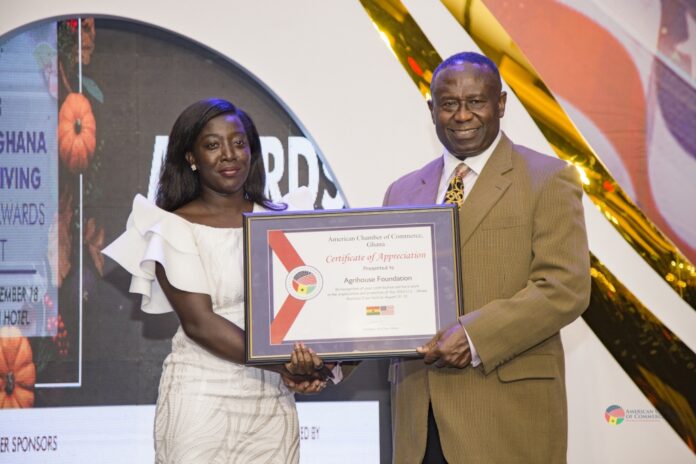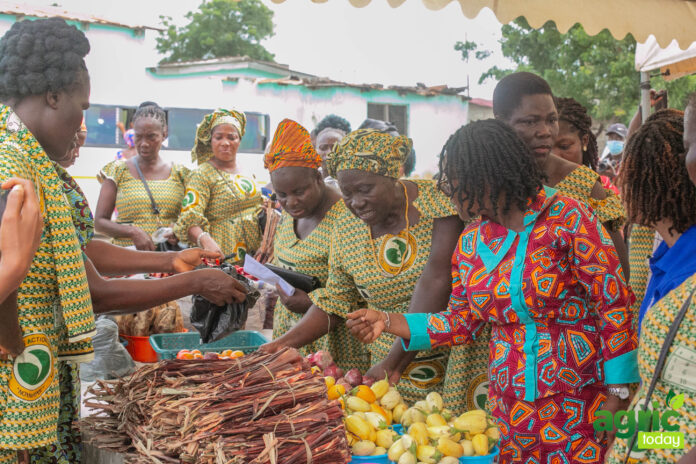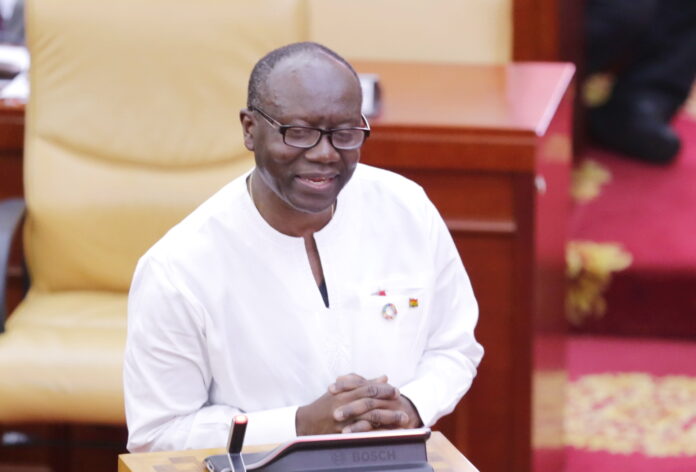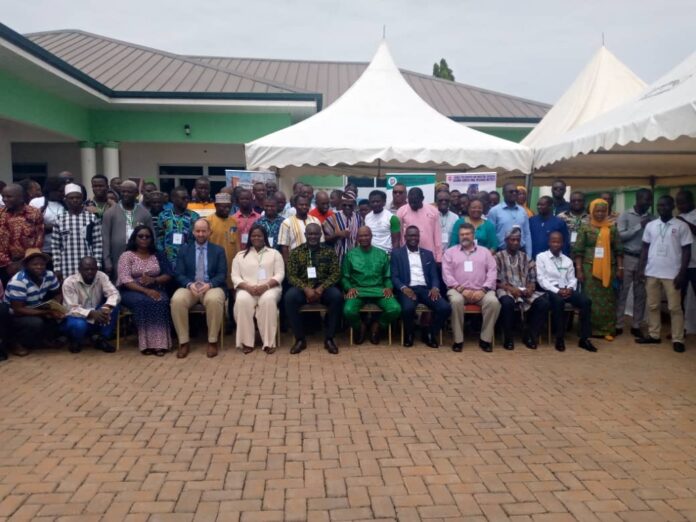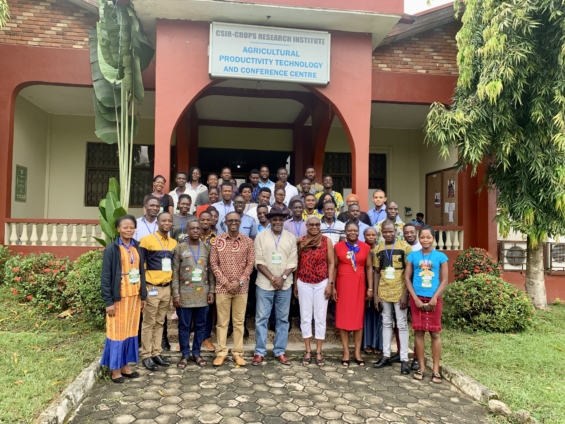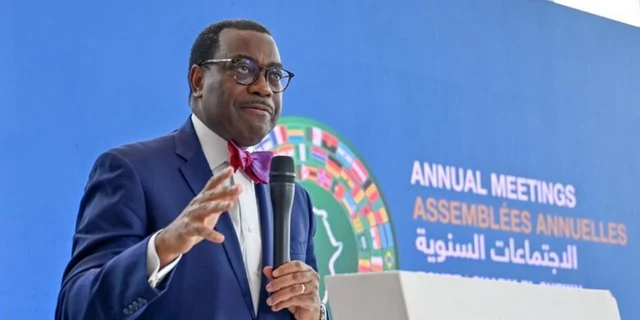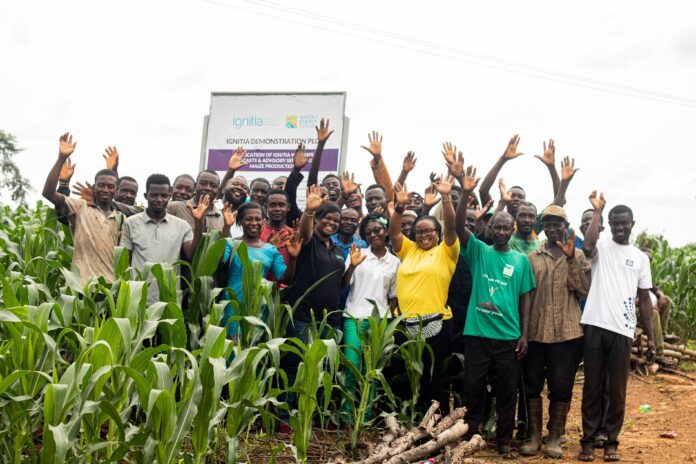Agrihouse Foundation has been honoured with the prestigious American Chamber of Commerce Ghana (AmCham) Award for its exceptional organization and promotion of the 2023 U.S-Ghana Business Expo.
The distinguished accolade was presented during the 2023 AmCham Ghana Thanksgiving Dinner and Awards Night held at the Labadi Beach Hotel on Saturday, November 18, 2023, themed “U.S. and Ghana Diaspora: Agents of Development and Prosperity.”
Known for its commitment to acknowledging excellence in initiatives fostering global partnerships, the American Chamber of Commerce, Ghana (AmCham), commended Agrihouse Foundation’s unwavering dedication, contribution, and hard work in organizing and promoting the 2023 Maiden edition of the U.S-Ghana Business Expo, held at the Labadi Beach Hotel from the 10th to 11th of August 2023, under the theme “Leveraging U.S-Ghana Trade Relations for Growth and Prosperity.”
Expressing gratitude for the recognition, Alberta Nana Akyaa Akosa, Executive Director of Agrihouse Foundation, stated, “We are honoured to receive this award from the American Chamber of Commerce. It is a testament to the hard work and dedication of our team and the collaborative spirit that propels our mission. Serving as the event organizers for the 2023 U.S-Ghana Business Expo was both a privilege and a tremendous opportunity. We extend our sincere thanks to the American Chamber of Commerce Ghana for believing in us and entrusting us with the organization of the maiden U.S-Ghana Business Expo.”
The 2023 U.S-Ghana Business Expo, meticulously executed by Agrihouse Foundation, provided a platform for fostering bilateral trade collaborations and economic growth between the United States and Ghana.
The Expo had in attendance over 800 participants, including key industry stakeholders, entrepreneurs, government officials, business leaders from both nations, and the general public.
The expo also had in attendance, trade delegation from the U.S. Department of Commerce led Global Diversity Export Initiative (GDEI) trade delegation that included 19 companies and six trade associations, including the National Black Chamber of Commerce, the National Business League, U.S. Black Chambers Inc., Dallas Black Chamber of Commerce, the National Centre for American Indian Enterprise Development, and the Organization for Women in International Trade.
The GDEI delegation represents diverse communities and industries across the United States with a focus on information and communications technology, consumer goods, and the automotive sectors.
A significant highlight of the Expo was the trade pavilion, which featured more than 40 companies. It showcased the products and services of visiting U.S. companies and trade associations, AmCham Ghana member companies, and local companies from various industries. It also provided an opportunity for participants at the event to engage in networking activities and establish strategic relationships.
The Expo yielded tangible outcomes, facilitating strategic partnerships, fostering cross-cultural understanding, and laying the foundation for sustained economic development.
Agrihouse Foundation remains committed to its mission of fostering sustainable development through initiatives that bring nations together for mutual prosperity.

